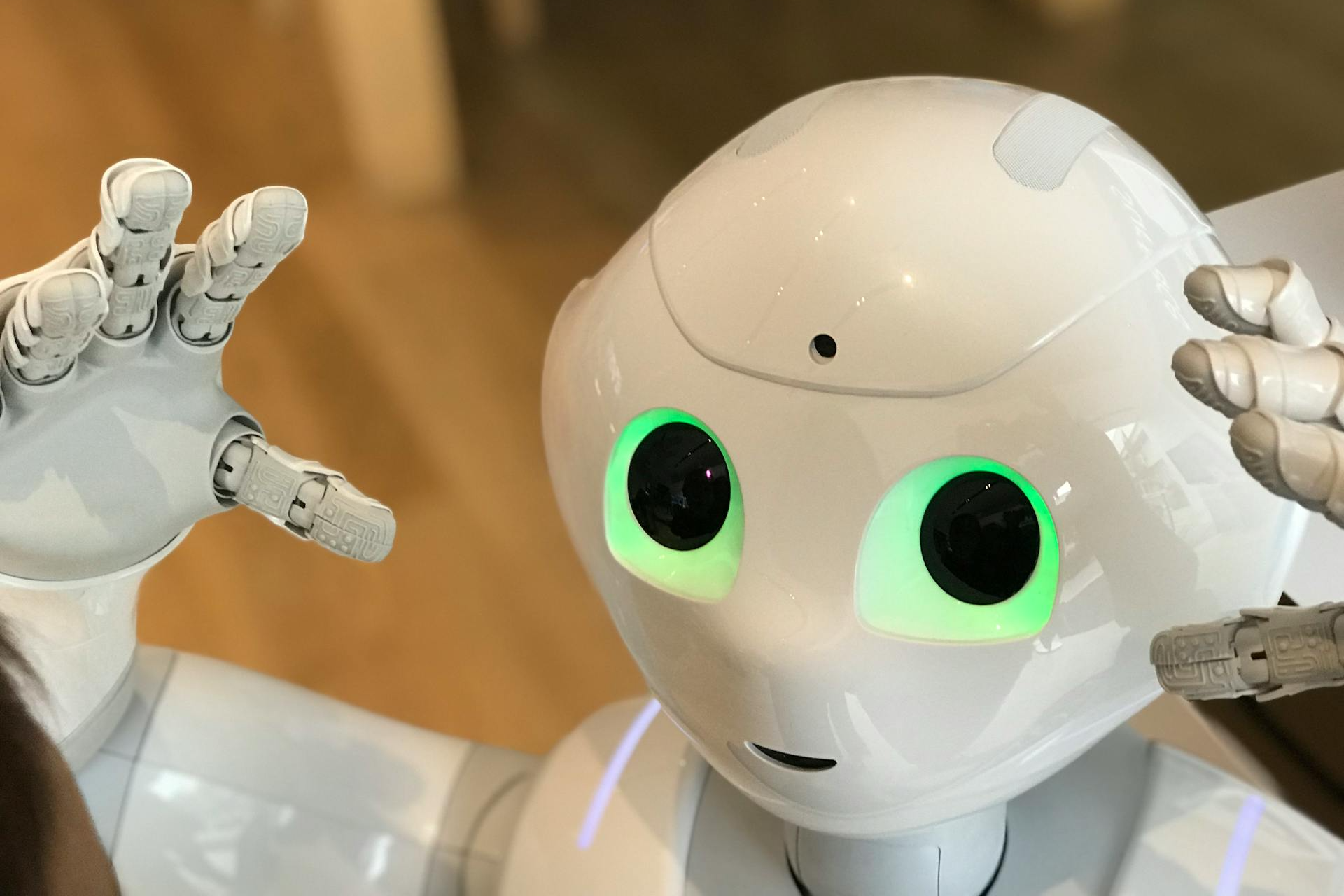Choosing what to study in the age of AI is about building future-proof skills that help you adapt, think critically, and stay relevant no matter how technology evolves.

Technology is evolving at lightning speed, and the way we work is changing right along with it. Artificial intelligence (AI) is not just a buzzword anymore; it is transforming industries, streamlining tasks, and opening up career paths that did not even exist ten years ago. So, for students looking ahead, one big question looms: what should you study to succeed in the age of AI?
It’s no surprise that many young people, and their parents, are feeling uncertain about the future. With tech evolving so quickly, there is real concern that what students learn today might be irrelevant tomorrow.
Take coding, for example. It used to be considered a bulletproof career, but that’s shifting now. A recent study found that the percentage of IT professionals in the US and the UK who worry AI could make their skills obsolete jumped from 74% to 91% in just a year.
That’s a wake-up call for families planning education in their household, because the future is not just about learning skills but also about learning how to adapt.
How the Age of AI is Redefining Learning and Work
Some subjects will stay relevant no matter how much technology evolves. Robotics is one example. It helps humans make the most of automation instead of being replaced by it.
And let’s not forget practical trades: plumbing, carpentry, and electrical work. These jobs depend on human precision and problem-solving skills – cognitive abilities that AI still struggles to mimic. These skills are also often learned through apprenticeships rather than university degrees, showing that education doesn’t always need to mean academia.
But any one subject, the real key to long-term success is developing abilities that help you adapt, grow, and stay ahead no matter what the job market throws your way.
Why Soft Skills Matter More than Any Degree
AI can analyse numbers and spot patterns, but it doesn’t feel emotions or understand social cues. That’s where humans win. The OECD’s 2019 report highlights that success in the future will rely on soft skills—communication, empathy, adaptability, and critical thinking.
These human abilities are transferable across every industry and are incredibly tough for machines to replicate. Think about the roles in care work, negotiation, leadership, or collaboration. These all depend on emotional intelligence. No matter how smart tech gets, those who excel in these areas will always be in demand.
Learning How to Learn: The Most Future-Proof Skill of All
At a time when AI is a part of most decision-making, from recruitment screening to performance evaluation, success depends on your ability to keep learning. That’s the skill that keeps you adaptable, no matter how the job market shifts.
Every degree offers chances to build transferable abilities, whether it’s through group projects, presentations, or extracurricular activities. An English major learns persuasive writing through essays – a skill needed in marketing, management or law. A biotechnology student develops data analysis through lab work – essential in healthcare, research , and tech.
Internships are especially valuable. Research shows that graduates who completed internships are 23% more likely to land full-time jobs within six months of graduating. In industries like oil and gas, that number jumps to 65%. Real-world experience builds adaptability, and adaptability keeps you employed.
Preparing for the Future of Work
No one can predict what jobs will exist 20 years from now, but one thing’s for sure – curiosity and emotional intelligence will never go out of style.
So when you think about what to study in the age of AI, don’t just look at the syllabus. Focus instead on learning how to think, how to connect with others, and how to adapt. The most valuable careers blend human insights with digital fluency.

While AI is getting smarter, empathy, creativity, and purpose are still uniquely human and will always be in demand. With so much automation in our lives, staying curious and self-aware is the real advantage. The age of AI rewards not only those who know everything but also those who are willing to keep on learning.
What to Study in the Age of AI: Common Questions
Is coding still useful in the age of AI?
Yes. Coding is still relevant, but it’s evolving. Instead of learning basic syntax, focus on understanding logic, algorithms, and how AI systems work. Those foundations will keep you flexible as tools change. Learn to work alongside AI coding assistants rather than competing with them.
What are examples of future-proof skills?
Future-proof skills include communication, critical thinking, empathy, leadership, and adaptability. These soft skills apply across industries and cannot be easily automated. Add to these” creative problem-solving, ethical reasoning, and the ability to translate complex ideas for different audiences.
Should students still go to university?
Yes, especially if they treat it as a launchpad, not a finish line. A degree helps build structured learning habits and teamwork experience, but continuous learning and internships are just as important. Consider universities that emphasize hands-on projects, interdisciplinary study, and real-world partnerships.
What can a student do right now to prepare?
Start building resilient capabilities today:
- take one course completely outside your major to practice adaptability
- join one project or club that requires collaboration with diverse teams
- speak to someone whose career path surprised them
- complete at least one internship or volunteer role in your field of interest.
AI is reshaping the job market, but students can stay ahead by focusing on future-proof skills. Communication, empathy, and adaptability will remain valuable across every industry. Learning how to learn and gaining hands-on experiences matter more than choosing the ‘perfect’ degree.

